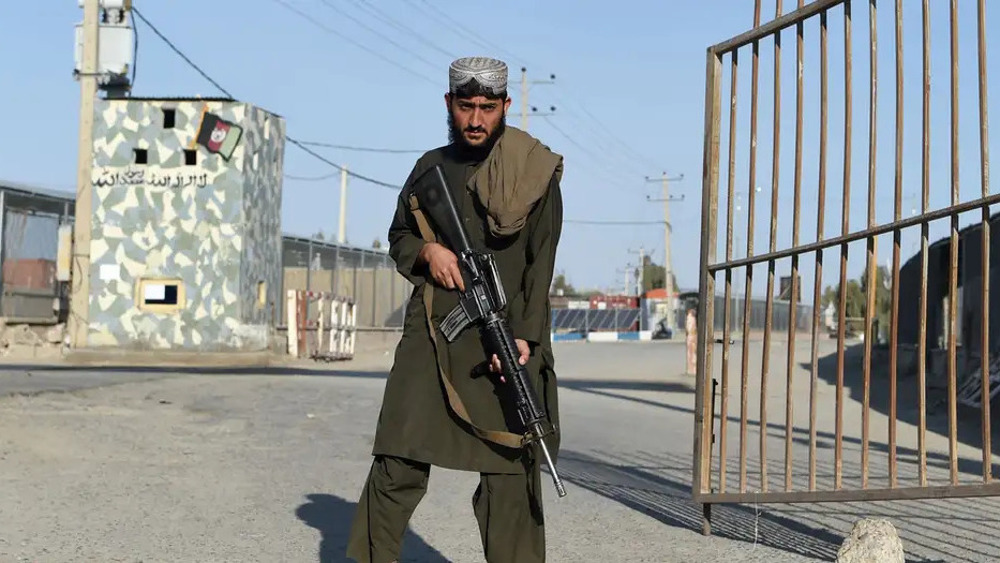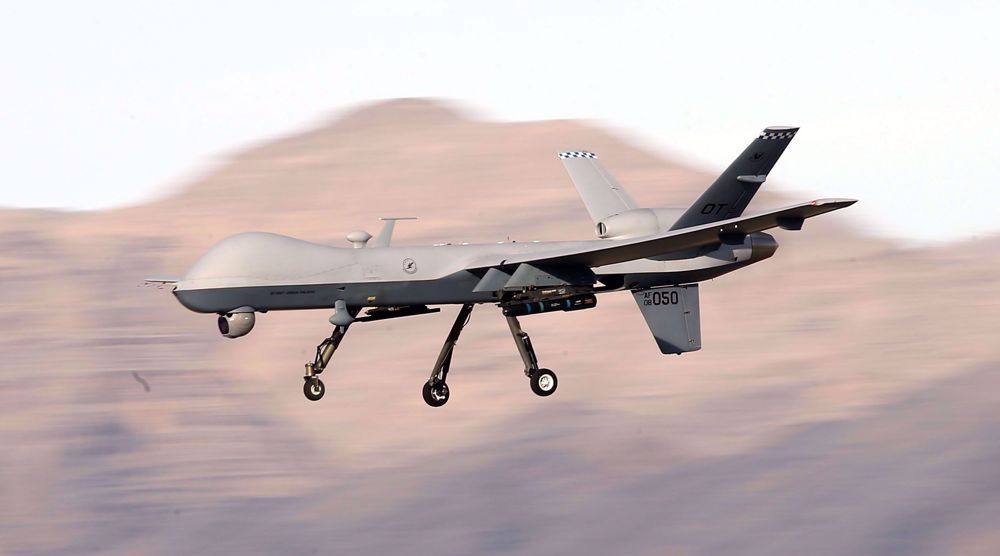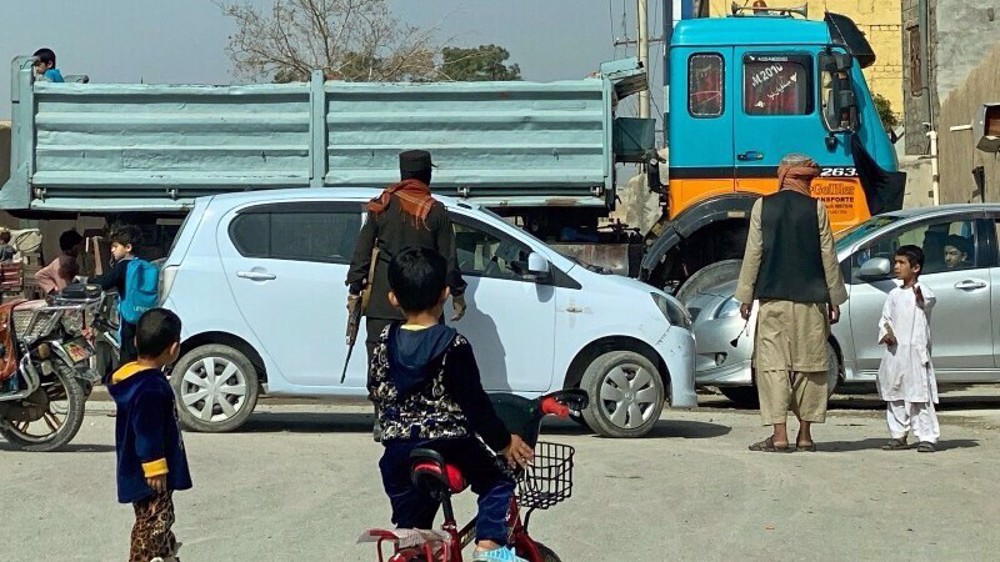Iran backs UN plan for Afghan ceasefire to fight coronavirus
Iran has thrown its weight behind a recent proposal by the United Nations secretary general for a global ceasefire in conflict-hit zones and a nationwide truce in war-ravaged Afghanistan.
“The Islamic Republic of Iran shares the good idea of His Excellency Mr. Antonio Guterres in announcing a global ceasefire in all conflicts and focusing on the campaign against the coronavirus, which is ruthlessly targeting all people regardless of their religion, faith, race, gender and age,” Iran's Foreign Ministry said in a statement Thursday.
Tehran, it said, "calls on the UN Secretary-General to complement his good idea in establishing a ceasefire with a special initiative to find a solid foundation for inter-Afghan dialogue and to resolve existing political issues in Afghanistan".
Iran also "calls on all armed groups to accept the nationwide ceasefire with a brave decision and create a secure environment for the fight against the coronavirus and thereby to open a new chapter in the history of Afghanistan", it added.
The statement said Iran, as a neighbor of Afghanistan and host to millions of Afghan refugees for 40 years which has the most understanding about the country's current situation, fully supports the UN chief's initiative for nationwide ceasefire.
On Wednesday, the UN Assistance Mission in Afghanistan (UNAMA) urged all parties to further reduce violence to protect civilians and work towards a ceasefire and a lasting political solution.
UNAMA said the best way to protect civilians from conflict and the evolving health crisis is to stop the fighting altogether.
The mission echoed Monday’s call by Guterres for a global ceasefire so that the necessary focus and resources can be provided to combating the COVID-19 pandemic, a serious threat to all Afghans.
“A reduction in violence leading to a ceasefire would save lives, provide parties with a more conducive environment to commence intra-Afghan peace negotiations and would enable better preparations to combat the looming health crisis posed by COVID-19,” the UNAMA said.
Earlier this week, Guterres appealed for a global ceasefire amid the COVID-19 pandemic.
“The fury of the virus illustrates the folly of war,” he said. “That is why today, I am calling for an immediate global ceasefire in all corners of the world. It is time to put armed conflict on lockdown and focus together on the true fight of our lives.”
The UN chief called on warring parties to pull back from hostilities, put aside mistrust and animosity, and “silence the guns; stop the artillery; end the airstrikes”.
“End the sickness of war and fight the disease that is ravaging our world,” he said. “It starts by stopping the fighting everywhere. Now. That is what our human family needs, now more than ever.”
The UN chief’s appeal was broadcast live over the Internet from a virtual press conference held at UN Headquarters in New York on March 23.
Iran's Foreign Ministry earlier said in a statement that hasty measures taken by the US administration to reach an agreement with the Taliban in Afghanistan and inattention to the country’s domestic issues were the main reasons behind the current political crisis in the country.
The United States signed a deal with the Taliban in the Qatari capital, Doha, on February 29. Under the deal, the Taliban have agreed to sever ties with al-Qaeda and sit down for peace talks with the Afghan government. In return, Washington will start a phased withdrawal of troops.
The Afghan government was a party neither to the negotiations nor to the deal that was primarily aimed at reducing violence in the war-torn country.
Since it was signed, however, violence has escalated with the militants carrying out dozens of deadly attacks across the country.
The deal came few days before a new row erupted between Afghan President-elect Ashraf Ghani and his rival Abdullah Abdullah following the recent presidential election.
Abdullah, who serves as the chief executive officer of the outgoing administration, has rejected a decision by Afghanistan’s Election Commission last month to announce Ghani as the winner of the presidential election, proclaiming himself as president-elect.
On March 9, Ghani and Abdullah both held inauguration ceremonies in the capital Kabul.
The United States and its allies invaded Afghanistan in October 2001, shortly after the September 11 attacks on New York and Washington.
While the invasion ended the Taliban’s rule in the country, it has failed to eliminate the militant group. The Daesh terrorist group has also emerged in the Asian country more recently.
Yemeni armed forces strike British oil tanker in Red Sea
VIDEO | Press TV's news headlines
VIDEO | American, Israeli rabbis call for ceasefire during protest near Gaza
Iran calls for enhanced defense cooperation with Russia
US campus crackdown: 500 pro-Palestinian protesters arrested
VIDEO | Yemenis rally in Sana'a in solidarity with Palestinians in Gaza
VIDEO | Jordanians march after Friday prayers in support of Palestinians
Far-right Israeli minister Ben-Gvir injured












 This makes it easy to access the Press TV website
This makes it easy to access the Press TV website